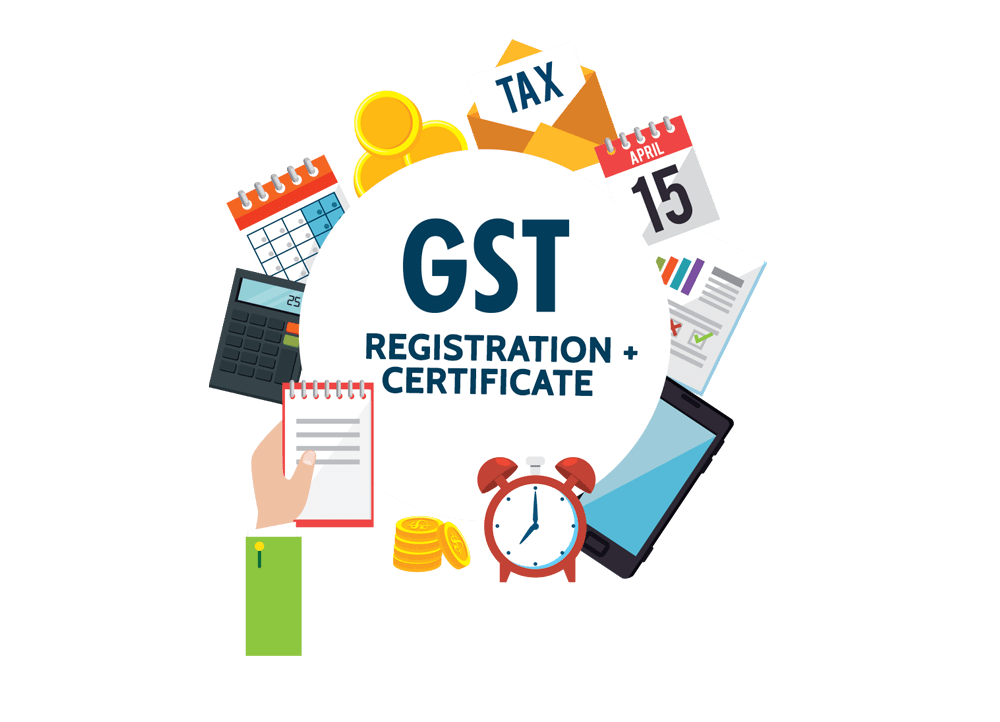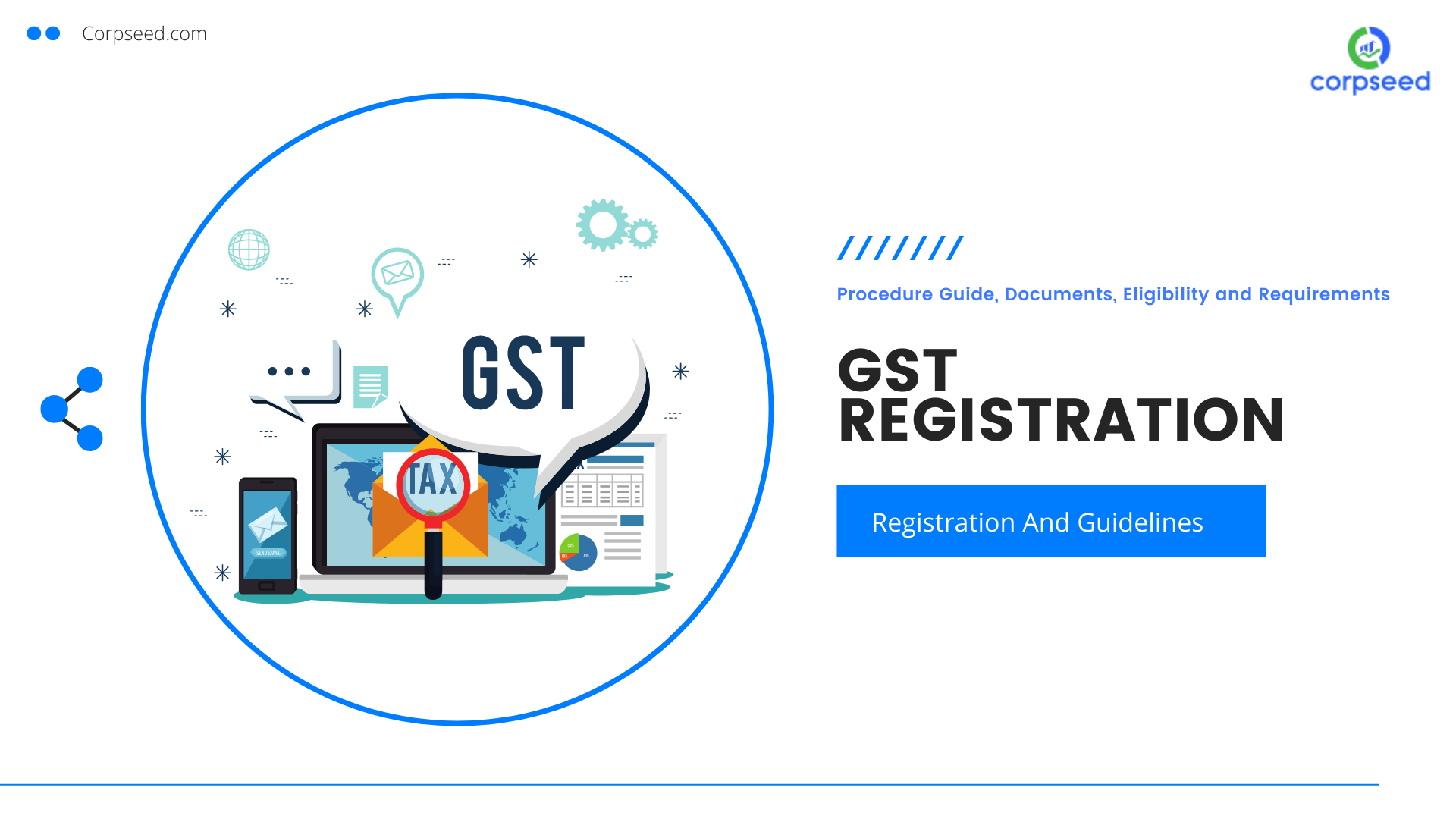Understanding the Benefits of the Best GST Registration Services in Singapore
Understanding the Benefits of the Best GST Registration Services in Singapore
Blog Article
From Beginning to Complete: The Ultimate Roadmap to GST Enrollment for Companies Looking For Financial Stability
Browsing the complexities of Product and Services Tax Obligation (GST) registration is an important action for businesses striving for monetary stability. Damaging down the roadmap into manageable actions can enhance the enrollment trip for businesses looking to boost their financial standing.
Recognizing GST Essentials
Diving right into the essential principles of Item and Services Tax (GST) is important for getting a thorough understanding of its effects on organizations and the economy. Input Tax Obligation Credit Report (ITC) is a significant function of GST, permitting companies to assert credit score for tax obligations paid on inputs, minimizing the overall tax concern. Comprehending the fundamentals of GST is essential for companies to comply with tax obligation policies, manage their finances effectively, and add to the country's economic growth by taking part in a clear tax system.
Eligibility Standards for Registration
As of the current policies, the threshold limitation for GST registration is an annual aggregate turn over of 40 lakhs for organizations running within a state, other than for unique category states where the limit is 20 lakhs. Furthermore, particular services are required to register for GST regardless of their turn over, such as interstate suppliers, laid-back taxed persons, and businesses responsible to pay tax under the reverse fee mechanism. It is vital for organizations to completely evaluate their turn over and purchase types to establish their GST registration commitments precisely.
Papers Required for Registration
Having actually met the eligibility criteria for GST registration, services should now guarantee they have the requisite files in position to proceed with the registration procedure successfully. The papers needed for GST registration usually consist of evidence of business constitution, such as collaboration act, registration certificate, or consolidation certification for various sorts of companies. Additionally, services require to provide papers developing the principal area of service, such as a rental agreement or electrical power expense. PAN card of business, in addition to the identification and address proof of promoters/partners/directors, are essential for verification purposes. Checking account declarations, together with canceled cheques or a duplicate of the financial institution passbook, are required to verify the economic information provided throughout enrollment. Additionally, businesses have to have digital signatures ready for the licensed notary. Guaranteeing all these records are organized and easily available will certainly expedite the GST enrollment process, enabling services to abide by tax laws perfectly.
Step-by-Step Enrollment Process
Beginning the GST registration process includes a series of organized steps to make sure a seamless and compliant enrollment for organizations. The primary step is to visit the GST website and fill in the registration form with precise details of the organization entity. Following this, the applicant receives a Short-term Reference Number (TRN) which is used to return to the application procedure if it's not completed in one go.
Next, all called for files according to the list supplied by the GST portal requirement to be uploaded. These documents generally include evidence of organization identification, enrollment and address proofs of marketers, economic statements, and company entity's PAN card.

Post-Registration Conformity Guidelines

Verdict
To conclude, services looking for economic stability should understand the essentials of GST, fulfill qualification criteria, collect needed papers, adhere to the step-by-step enrollment process, and abide by post-registration standards - Best GST registration services in Singapore. By adhering to these steps, companies can make certain compliance with tax obligation policies and preserve economic stability over time
Furthermore, particular services are needed to sign up for GST regardless of their turnover, such as interstate distributors, casual taxable persons, and companies accountable to pay tax under the reverse cost system.Having actually met the eligibility requirements for GST enrollment, businesses must now guarantee they have the requisite records in area to continue with the enrollment procedure effectively. The files required for GST enrollment usually try this include evidence of company constitution, such as partnership action, enrollment certificate, or unification certification for different types of organizations. Additionally, companies require to supply records establishing the major location of company, such as a rental agreement or image source electrical power bill.Starting the GST registration procedure involves a collection of structured actions to make sure a smooth and certified enrollment for businesses.
Report this page